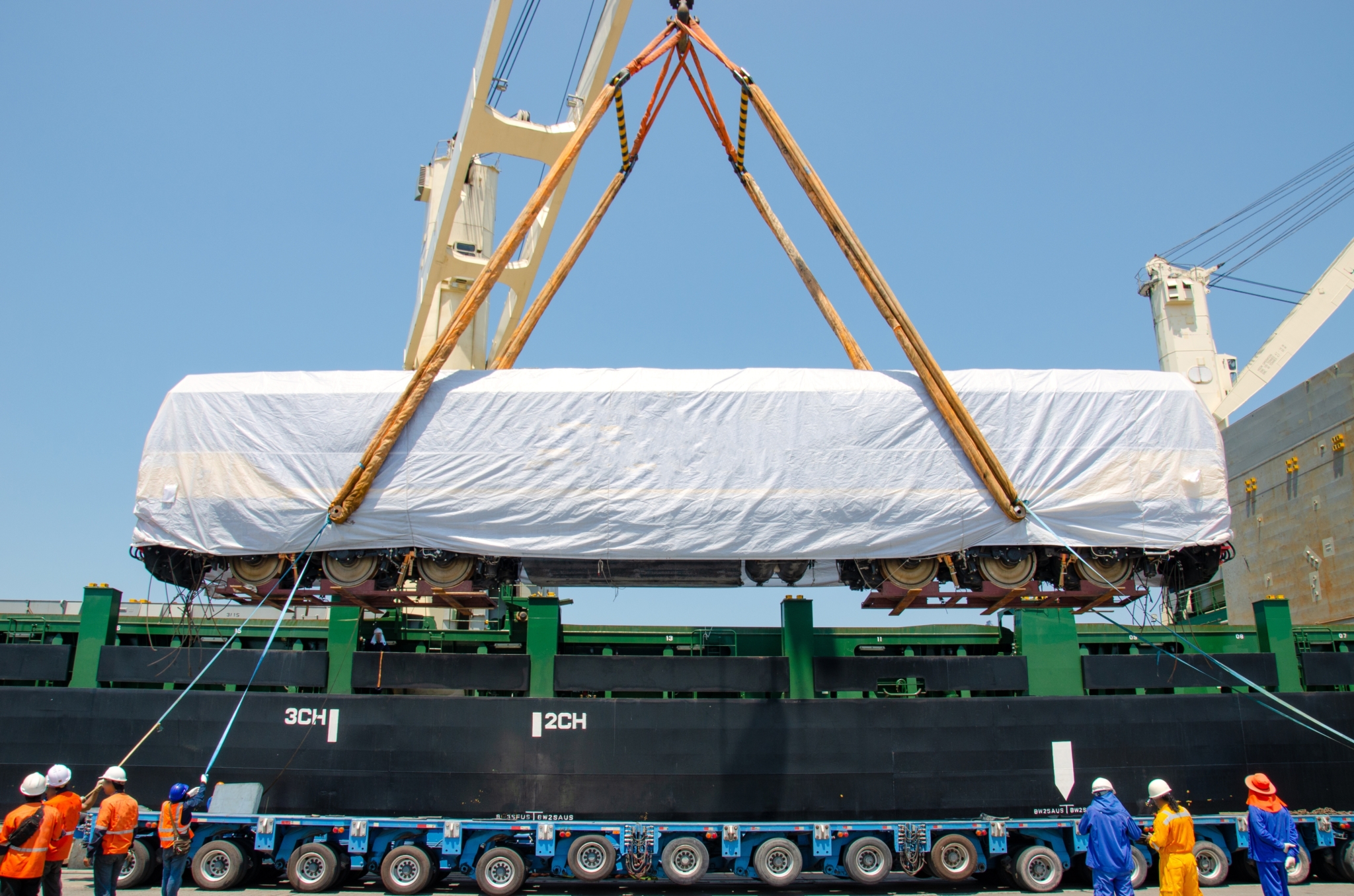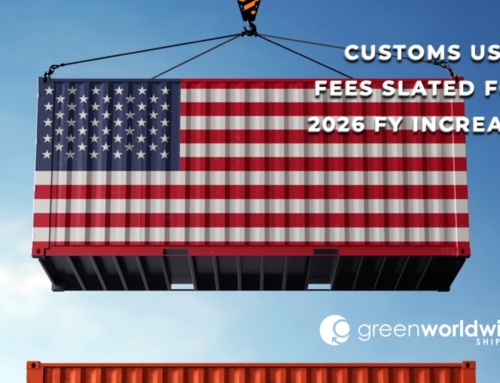The project cargo industry is currently feeling optimistic due to the extensive energy, infrastructure, and industrial projects in the US. However, the uncertainty of the new presidential administration, especially for renewable energy projects, could dampen this optimism.
Project cargo is the specialized transportation of large, heavy, or critical components—such as industrial-scale inverters for solar farms—that requires detailed planning, specialized carriers, and precise logistics to ensure safe, efficient delivery.
OPPORTUNITIES IN U.S. ENERGY, INFRASTRUCTURE, AND INDUSTRIAL PROJECTS
In 2024 a variety of industry and energy projects gained momentum. The Biden administration provided billions of dollars in tax credits, grants, and loans to support many US projects. These included $369 billion in funding from the Inflation Reduction Act (IRA), $412 billion in loan authorizations from the Department of Energy (DOE) that included some IRA funds, and $39 billion in grants from the CHIPS and Science Act that were meant to increase investments. By the middle of 2024, around $450 billion in chip manufacturing projects had been announced. Before the presidential election, it was projected that capital spending in North America on renewable power generation would reach $73.2 billion in 2024, $80.9 billion in 2025, and $92.5 billion in 2026. $8.6 billion, $7.1 billion, and $8 billion were also projected for conventional power generation. These projects could take years to roll out and could be delayed or redirected by future policy changes.
POTENTIAL POLICY CHANGES: IMPACT ON ENERGY PROJECTS
While the extent of potential policy changes remains unclear, it is generally expected that the incoming administration may shift regulations and energy priorities. The Inflation Reduction Act (IRA) cannot be fully repealed without legislative approval, but some of its provisions could be modified or slowed. Likewise, DOE loans may face additional scrutiny if they are still in pre-closure negotiations, and applications lacking finalized agreements could be subject to cancellation by the new Secretary of Energy. Although it is difficult to revoke awards after contracts have been signed, current signals indicate that aspects of this funding may be re-examined.
CHALLENGES FOR SHIPPERS AMID POLICY UNCERTAINTY
Shippers of project and breakbulk cargo are also preparing for the possible impact of tariffs imposed by the new administration. According to one project shipper, costs are important, but unpredictability is a much bigger worry. Establishing project supply chains takes years and cannot be easily changed to accommodate higher import taxes. Some manufactured pieces are produced in specialized yards around the world and take years to get from design to completion. Due to this complexity, many shippers would not be able to circumvent the tariffs, as the U.S. does not have the manufacturing base to support all the projects.
Stay up-to-date on freight news with Green’s Weekly Freight Market Update by following us on LinkedIn. For continuous updates, make sure to check out our website at greenworldwide.com.






